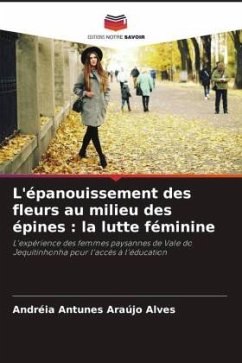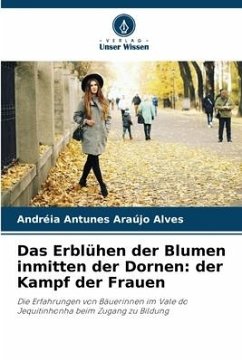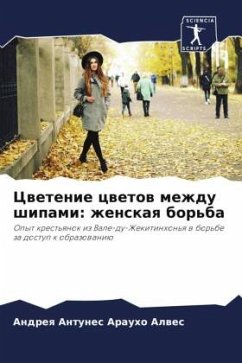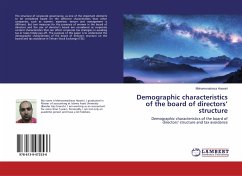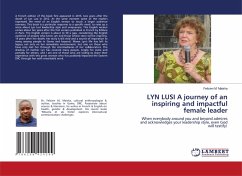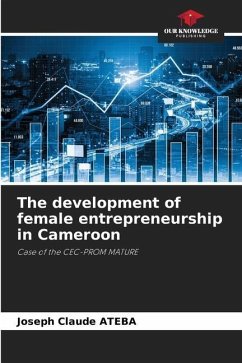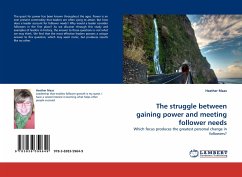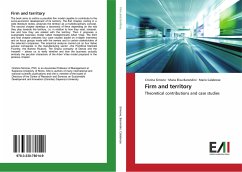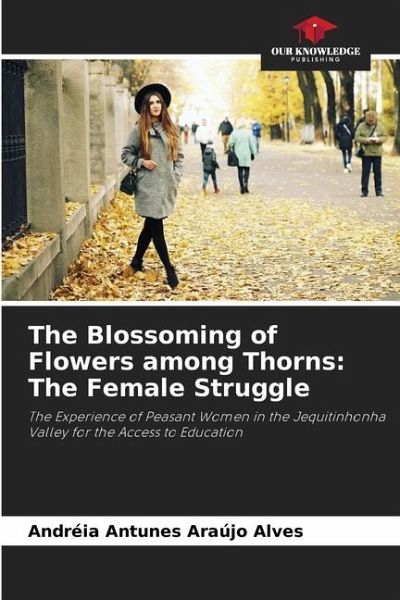
The Blossoming of Flowers among Thorns: The Female Struggle
The Experience of Peasant Women in the Jequitinhonha Valley for the Access to Education
Versandkostenfrei!
Versandfertig in 6-10 Tagen
53,99 €
inkl. MwSt.

PAYBACK Punkte
27 °P sammeln!
The four women who are part of this research are rural workers from quilombola communities in the Jequitinhonha Valley region. These rural women had access to higher education through a Procampo educational public policy at the Federal University of the Jequitinhonha and Mucuri Valleys (UFVJM). The graduates of the Licenciatura em Educação do Campo have a history of many struggles in a territory with high levels of social vulnerability, where a semi-arid climate prevails, with sandy soil and long droughts. Besides this, these peasant women had difficulties in schooling, from primary school t...
The four women who are part of this research are rural workers from quilombola communities in the Jequitinhonha Valley region. These rural women had access to higher education through a Procampo educational public policy at the Federal University of the Jequitinhonha and Mucuri Valleys (UFVJM). The graduates of the Licenciatura em Educação do Campo have a history of many struggles in a territory with high levels of social vulnerability, where a semi-arid climate prevails, with sandy soil and long droughts. Besides this, these peasant women had difficulties in schooling, from primary school to higher education. And this saga of accessing higher education through PROCAMPO's public policy was narrated by each of the interviewees. In this sense, we intend to understand what access to higher education has represented for a group of women living in a vulnerable region? What changes in their lives? How was this experience? Did the inclusion in the educational system represent other inclusions, which ones?





